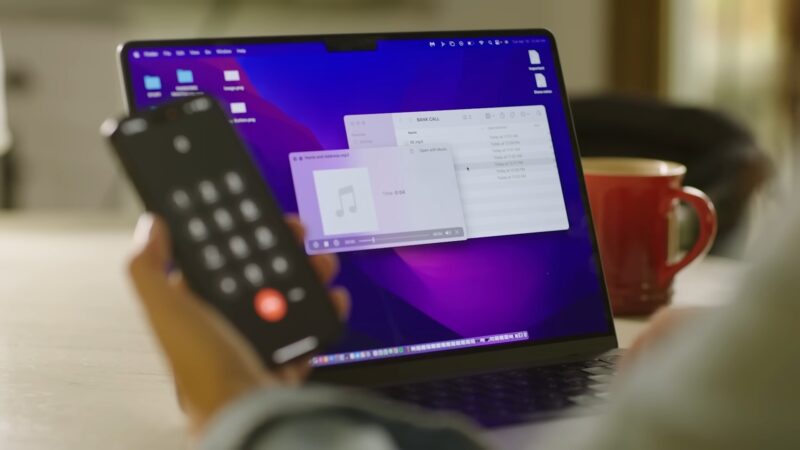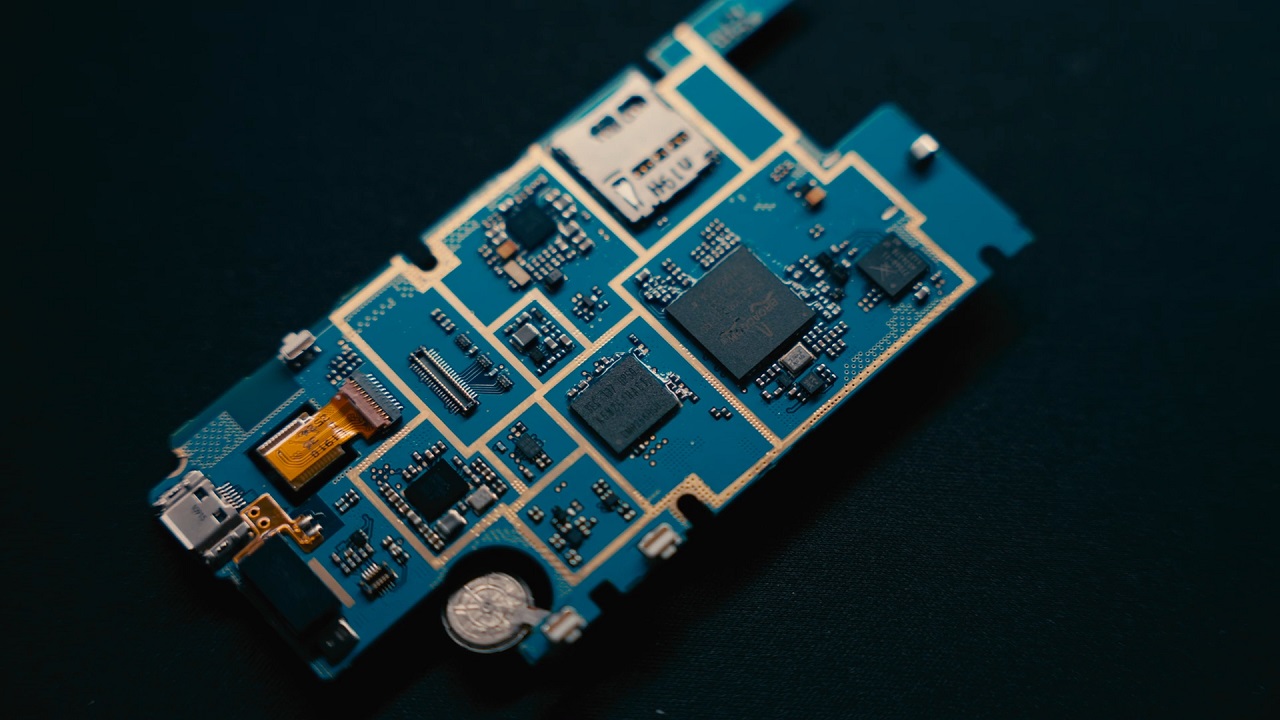OpenAI has recently introduced an innovative tool named Voice Engine, capable of replicating a person’s voice with just a small sample of audio.
By using only a 15-second audio clip, the model can accurately learn and mimic the unique characteristics of someone’s voice, including their emotional inflections.
Initially developed in 2022, Voice Engine marks a significant step forward, as OpenAI explores the possibility of using actual voices for the first time, having previously worked with preset voices.
Table of Contents
ToggleEthical Considerations and Dialogue
OpenAI is proceeding with caution regarding Voice Engine’s release, mindful of the ethical dilemmas and potential misuse associated with such technology.
In a blog post dated Friday, March 29, the company expressed its intent to foster discussions around the responsible use of synthetic voices.
The goal is to understand societal impacts and establish guidelines for ethical deployment.
The future availability of Voice Engine hinges on the outcomes of these conversations, as OpenAI seeks a balanced approach to harnessing this technology’s benefits while mitigating risks.
We’re sharing our learnings from a small-scale preview of Voice Engine, a model which uses text input and a single 15-second audio sample to generate natural-sounding speech that closely resembles the original speaker. https://t.co/yLsfGaVtrZ
— OpenAI (@OpenAI) March 29, 2024
Potential Uses and Misuses
Voice Engine’s capabilities are impressive, offering practical applications from enhancing presentations to improving communication methods.
However, the technology also presents risks, particularly in the wrong hands. Scammers could, for example, replicate someone’s voice to commit fraud.
OpenAI recognizes these dangers and emphasizes the importance of gathering diverse feedback.
The company is collaborating with entities from various sectors—including government, media, and education—to pilot Voice Engine responsibly.
These partners have committed to ethical use, including not impersonating others and disclosing the AI-generated nature of the voice.
Additionally, OpenAI has implemented watermarking to signal that a voice is synthetically generated.
Looking to the future, they remain uncertain about Voice Engine’s public release. The focus is on ensuring people understand the technology’s direction and its implications.
The company advocates for robust security measures, such as voice authentication and safeguards against replicating prominent figures’ voices, to accompany any widespread use of synthetic voice technology.
The journey of Voice Engine is just beginning, and its path forward will be shaped by careful consideration and dialogue with the global community.

















